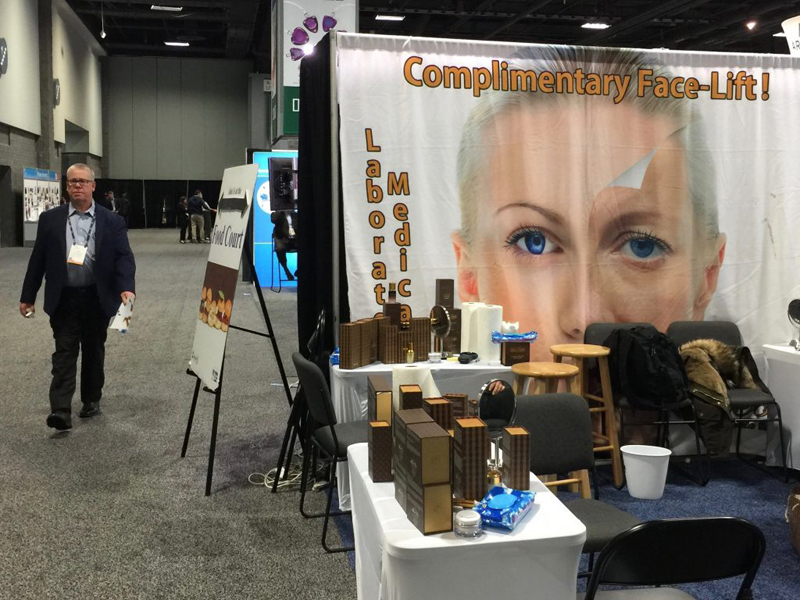The Age of the Consumer

I had the opportunity to listen to a fascinating panel discussion by Forrester Research CEO George Colony and Chief People Officer Lucia Quinn at the Harvard Business School.
Forrester Research is one of the most influential advisory firms in the world on the technology research front. They analyze surveys of more than 500,000 consumers and business leaders worldwide and arrive at recommendations and insights from their “big data.” The line of thought was as follows:
Colony cautioned that we have entered an existential moment in commerce and society where customers (incl. citizens and patients) are gaining increasing power over institutions and political structures. Knowledge and sentiment sharing on the web and social media has shifted the power structure from historically leading institutions to the masses. People no longer vote for what the establishment thinks is right (see Brexit). Top down strategies will no longer work in the new “Age of the Customer.” He predicts that organizations that are not “customer-obsessed” will fail, and those that do will thrive. High customer satisfaction is associated with high earnings, and can only be achieved in companies and institutions that also have high employee satisfaction. A customer-obsessed culture has to permeate the company or institution in order to work.
Lucia Quinn elaborated on how she was brought in to change the culture. She described her heroic efforts in starting at the executive level. She insisted that leadership cast an authentic shadow of desirable culture. Key elements of her talk were “listening until it hurts” (e.g. until one is ready to accept one’s own shortfalls without getting defensive) and “the willingness to be changed.” A lot of these efforts went into the different professional groups and individuals in the company, resulting in working together better and treating each other with more respect. These changes were achieved through hard self-reflective work. Even for her, it was the first time that the top down approach was actually working in changing culture.
I have always been suspicious of the claims of many of the giant consulting companies who come in to advise the executive suite or train the managers, hoping for the trickle-down effect. After all we are dealing with immunity to change and people may have good reasons for not wanting to change (see also Thursday Thoughts #26).
So how do we approach the needed culture change when we train medical teams? After all, Comfort Talk® training does not take the 5-10 year horizon Forrester takes. We only have two formal classroom teaching days and onsite post-training support when we train front line staff in Comfort Talk®. We use the bottom-up approach. Interestingly, showing medical staff how they can better interact with stressed patients also transfers this skill set to improve communication among themselves. We also noted trainees getting really good at managing uphill. And many of our trainees have ascended in the ranks and now cast a wider and wider shadow in their institutions.
I think that part of the success of our training is that we emphasize rapid rapport skills that help people feel comfortable when having difficult conversations. Then words flow easily and also listening becomes easier. Then listening also doesn’t even need to hurt to open consensus building and mutual respect. In particular, we spend much time on teaching people to appreciate each other’s differences, adapt to them, and overcome their immunity to change.
